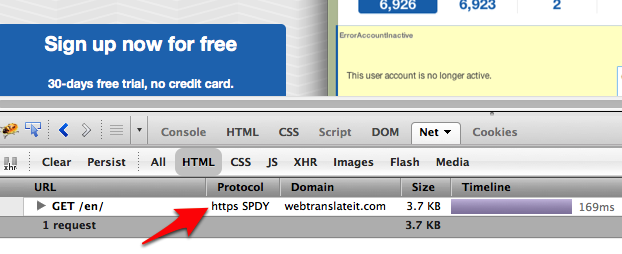As WebTranslateit grows, emergency support e-mails asking “I deleted a file and all of its translations. What can I do?” become more frequent.
When this happens, I can always recover your deleted language files in a matter of minutes. I store every customer’s language files in a huge git repository, updated every five minutes, which is backed up on a secondary server.
But while this solution is efficient, it isn’t elegant. First, you’d loose all your discussions, translation history and statuses, and you need me to do it. And it would go faster if you recover your data by yourself, wouldn’t it?.
Introducing Disaster Recovery
Disaster Recovery is a new feature in WebTranslateIt. When you delete a project, a file, a language or a segment, it will act as if it was deleted. But in fact, we keep all the things you deleted around for 3 months. After 3 months, you probably won’t ever need this data and we delete it forever.
This feature comes for free: deleted resources don’t count against your segment limit, so you can keep the same plan and enjoy this additional safety net.
What’s best is that you can recover your deleted things by yourself, and it’s super easy to do so.
Recovering Projects
Let’s assume you deleted a project by mistake. Head over to your organization page. On the “Projects” tab, you’ll be greeted with this message.

Click on the message to view the deleted projects, and recovering them by clicking on “Recover”. That’s it!

Recovering Files, Languages and Segments
It’s just as easy to recover files, languages or segments. If you deleted something you shouldn’t have, head over to your project settings. There, click on the new “Recover Deleted Data” tab.

You can filter your deleted data by kind: files, languages or segments. When you’re ready to recover something, click on the “Recover” button and… that’s it!
I hope you will find this new feature useful. Thank you for choosing WebTranslateIt!











































